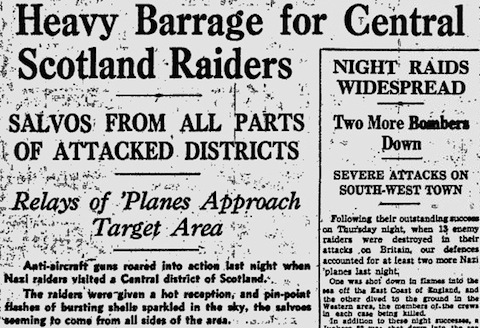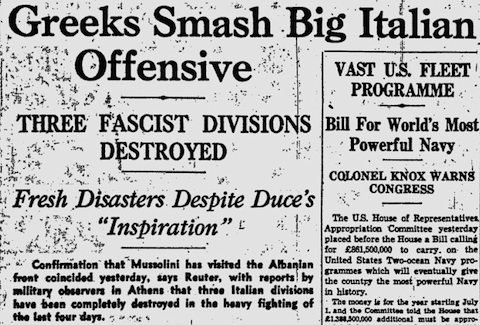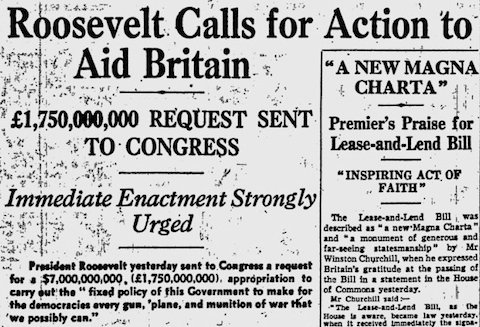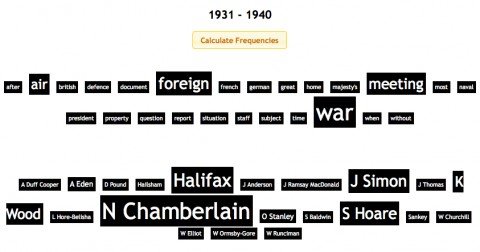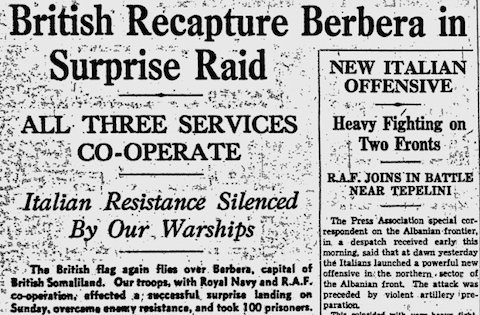
By recapturing from Italian forces Berbera, the capital of British Somaliland, a small part of the British Empire has been restored. Royal Navy warships landed Army troops at the port, suffering 'negligible' (Glasgow Herald, 5) casualties. RAF armoured cars assisted too.
This adds to the Allied offensive against Addis Ababa: 'British Empire troops are now steadily closing in on the heart of the Italian Empire from 13 points', according to a military representative in Cairo. The Herald noted that when the Italians attacked British Somaliland, they spoke of 'the "expulsion of the British from the Western shore of the Red Sea," and of the "enormous effect" it would have on the Arab world'. That was just seven months ago, so this effect didn't last very long.
...continue reading


